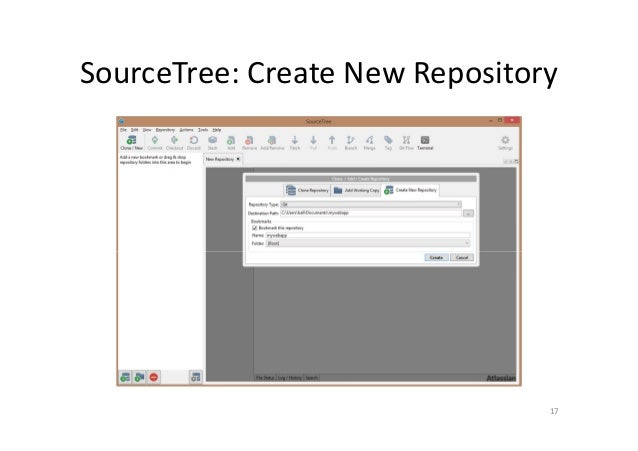Apr 15, 2018 Generate a ssh key using puttygen.exe (ssh2-rsa, 4096, comment=GitLab, and set a passphrase) Add key to pageant.exe and the public key to your GitLab profile. Ensure you start a new command shell so that git recognizes the GITSSH value. Try these two commands to check connection first. This should give you a popup window that authenticates. Adding your SSH public key to GitLab To add the SSH public key to GitLab, see Adding an SSH key to your GitLab account. Note: Once you add a key, you cannot edit it. If it didn’t paste properly, it will not work, and you will need to remove the key from GitLab and try adding it again. Sep 26, 2019 - By setting ssh key you can connect to GitLab server without using username and password each time Step 1: Run command ssh-keygen On Mac - run command on terminal On Windows - use putty or git bash.

Gitlab Ssh Key Not Working
Install Putty and related utilities
Set system environment variable in Windows(Control PanelSystem and SecuritySystem --> and clicking on 'Advanced system settings' in the left pane. Then click on 'Environment Variables') GIT_SSH=%path_to_plink.exe% (Note plink.exe goes into wherever you installed Putty) Generator for keys and values java.
Generate a ssh key using puttygen.exe (ssh2-rsa, 4096, comment=GitLab, and set a passphrase)
Add key to pageant.exe and the public key to your GitLab profile
Ssh public key and private key generation. Ensure you start a new command shell so that git recognizes the GIT_SSH value
Try these two commands to check connection first. This should give you a popup window that authenticates connection
set Git putty git@gitlab.com:%user%/%repo.git%
Usage:
- Start pagent.exe from Putty folder
- Add key to pageant.exe
Gitlab Ssh Key Generation Windows
How to Generate SSH Public/Private Keys on Windows By Alexandru Andrei – Posted on Sep 17, 2019 Sep 17, 2019 in Windows If you ever managed a Linux server from Windows, you probably used PuTTY or at least heard about it. This will take you to the root directory for Git (Likely C:UsersYOUR-USER-NAME.ssh on Windows). 3) In the.ssh folder you should find these two files: idrsa and idrsa.pub. These files tell the computer how to communicate with GitHub, BitBucket, or any other Git based service. By following a few easy steps you will be able to clone any project from Gitlab (remember that you will need to have developer’s permissions in order to clone a project using SSH keys): 1.For starters you will absolutely need to create SSH keys in order to clone any project from your Gitlab account, specially if you have 2FA enabled.